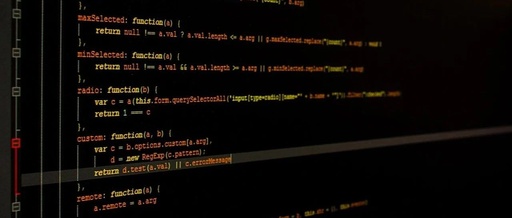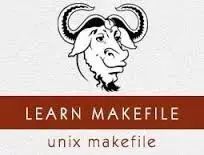Makefile Learning Part II: Commands and Variables
Follow for more updates, let’s go From Zero To Hero! Introduction In Go language development, we want to standardize code style so that each member can format code with one click and check for syntax errors; we want to run unit tests, generate test reports, and compile, package, and release projects with one click, which … Read more







